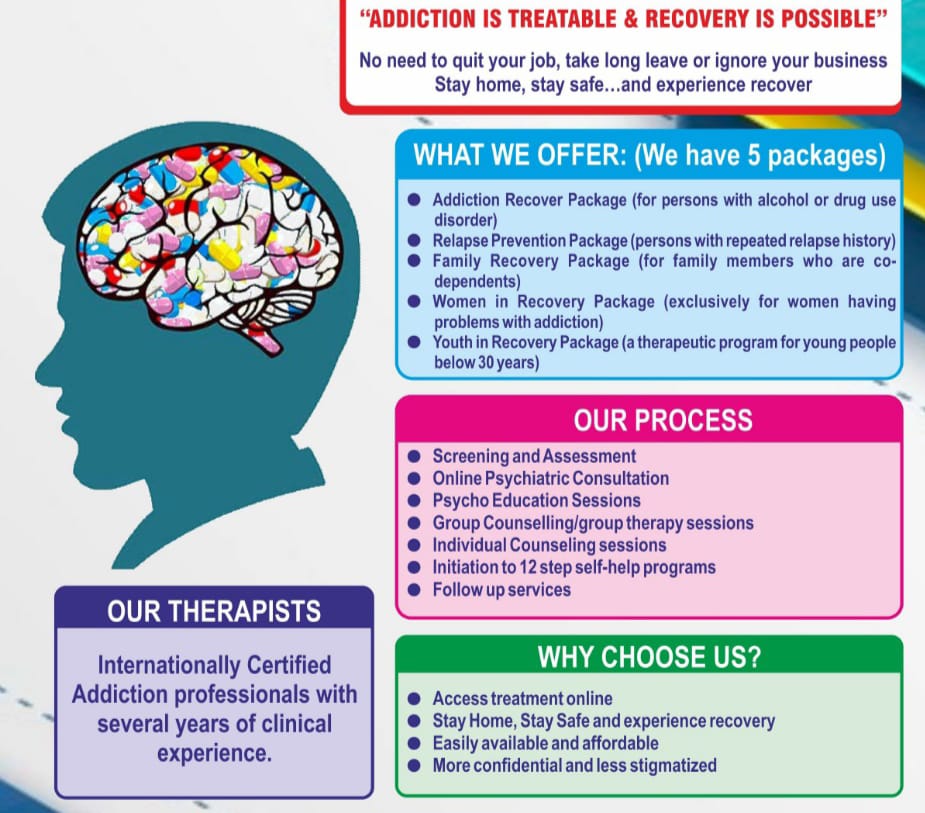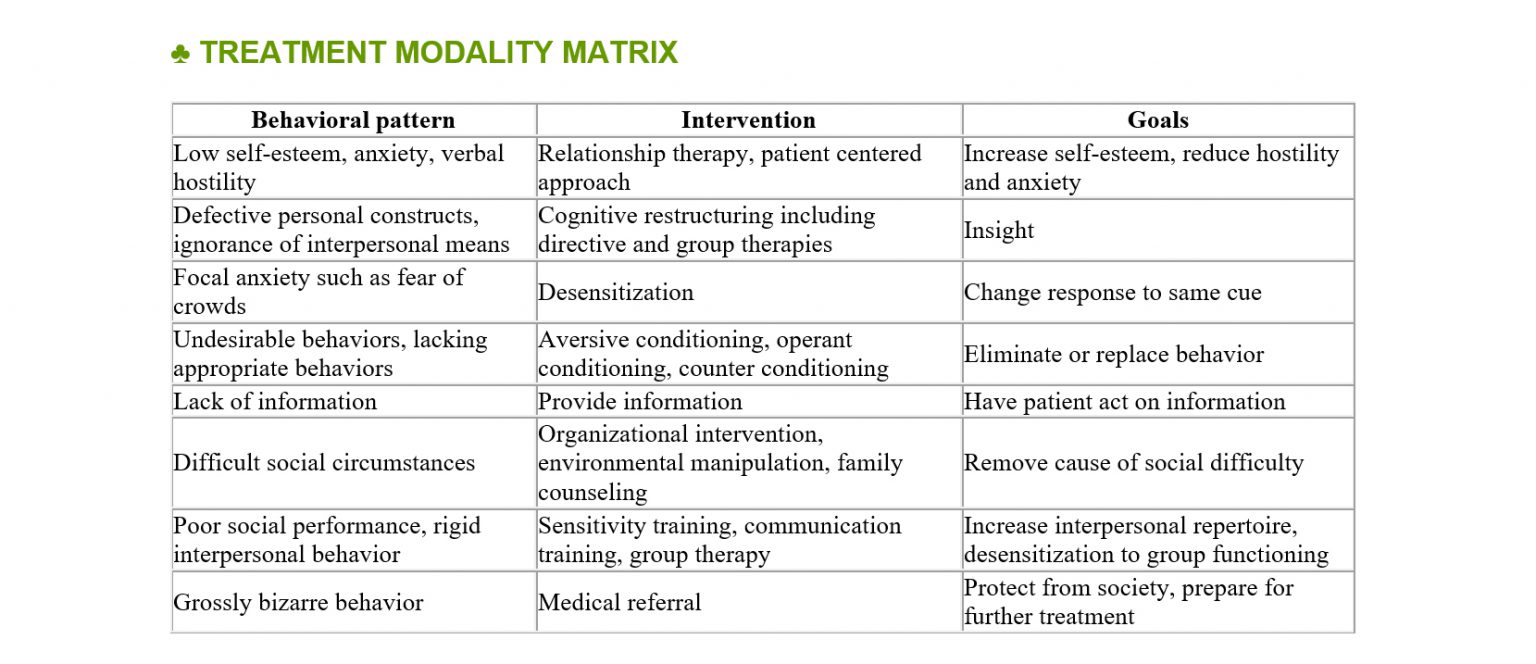TREATMENT PROCEDURE
Management of chemical dependency is a complex issue which has to be handled by professionals specialized in various discipline, working together in the common task of treating and rehabilitating the dependant / addict. The treatment goes through three distinctly defined phases.
1. √Pre Treatment & Stabilization2. √Therapeutic Duty Assignment and Counseling 3. √After Care Service
Our treatment systems assess the severity of problems related to substance use. It assesses problems in six areas: medical, employment/support, alcohol and other drug use, legal, family/social, and psychiatric.
Early treatment of acute withdrawal often includes medical detoxification, which can include doses of anxiolytics or narcotics to reduce symptoms of withdrawal.
Neurofeedback therapy has shown statistically significant improvements in numerous researches conducted on alcoholic as well as mixed substance abuse population. In chronic addiction, a surrogate drug is sometimes offered as a form of replacement therapy. But our treatment approaches universal focus on the individual’s ultimate choice to pursue an alternate course of action.
If you have a question about accessing shelter or other services please call (212) 444-8282
Our Therapists often classify patients with chemical dependencies as either interested or not interested in changing.
Our treatments usually involve planning for specific ways to avoid the addictive stimulus, and therapeutic interventions intended to help a patient learn healthier ways to find satisfaction. Our Clinical Medics in recent have attempted to tailor intervention approaches to specific influences that affect addictive behavior, using therapeutic interviews in an effort to discover factors that led a person to embrace unhealthy, addictive sources of pleasure or relief from pain.


Pre Treatment & Stabilization
- Information about addiction.
2. Denial Breaking
3. Overcoming Greed
4. Anger Management
5. Grief, Fear, Management
6. Shame & Guilt Management
7. Depression & Frustration Management
8. Illusion & Delusion Management
9. Stress Management
10. Steps towards sober living
11. Understanding Values
12. Lesson on Human Needs
13. Lesson on assertiveness
Therapeutic Duty Assignment and Counseling
- Behavior disorder, correctional therapy
- Psychogenic abnormalities management. Situational Personality disorder • Functional psychosis treatment
- Adjustment Mechanism: – Therapy to treat compulsive activities such as Reaction Formation, Rationalization, Projection, Fantasy & Day dreaming.
- Counseling • Enables the patient to learn peruse realistic satisfying solution to his chemical abuse/other problem. • Helps to create correct perception of self/ others, recognizing the interference adversly affecting this perception, realizing how those forces lead to unhealthy ways of coping. • Decision making & responsibility handling.
After Care Service
1. Introducing to self help groups to get helps as & when required.
2. Sending home and outside with responsibility to cope with society.
3. Family counseling to handle the addict.
4. Counseling to mend family dis-functinality
